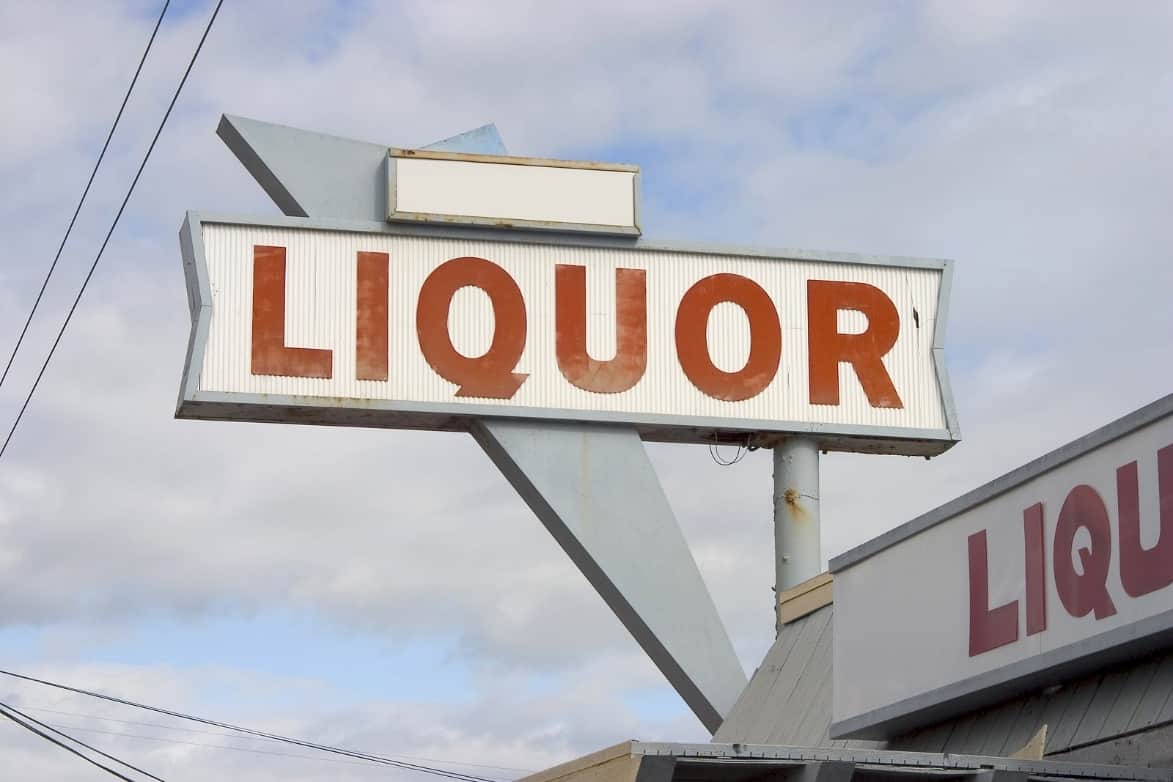It is always a tragedy when a young person dies – even more so when the death is preventable. The recent death of Penn State University student Timothy Piazza at a fraternity house appears to be one of those deaths. Timothy was 19 years old when he died on February 4 after alleged hazing activity at a Penn State fraternity house. Ultimately, Mr. Piazza’s death resulted from a traumatic brain injury received when he fell down the stairs. His blood alcohol concentration was approximately 0.40%, which put him in a range where unconsciousness is common – and at 20 times the legal driving limit for someone under 21 years old. Allegedly, he was clearly in pain and in need of emergency medical attention, but the fraternity members waited about 12 hours before calling for help.
When someone else’s irresponsible or negligent behavior causes death or injury, courts can hold those individuals liable. In this case, 18 of the students have been charged with crimes related to the death. The fact that criminal charges have been brought does not prevent the victim’s family from suing the students in civil court. Like Timothy’s parents, you might have grounds for a lawsuit for an injury or wrongful death that occurs at a party. If that has happened, consider talking to the Philadelphia personal injury attorneys at The Reiff Law Firm about your case.
Suing for Deaths and Injuries That Occur at Parties
When you are a guest at a party, whether it’s a house, a business, or any other location, the owners owe you some responsibilities. For people injured at parties, especially parties involving alcohol, these kinds of responsibilities might lead a court to hold the hosts and property owners liable for injuries or death.
The law only holds people liable and makes them pay for injuries and death when they owe the victim some “duty.” In general, a court may find that a premises owner or a party host might owe a duty to the guests. Other guests may not owe the guests any duties, except to refrain from causing intentional injury. Choosing the proper defendant to sue usually depends on who owed the victim a duty.
If you can prove the following four elements, you can usually succeed in a lawsuit for injury or wrongful death:
- The defendant owed the guest a duty;
- The defendant breached that duty;
- The breach of duty caused the victim’s injuries; and
- The victim suffered injury or death that the court can compensate (called “damages”).
There are a few ways that the environment of a party might create a duty that can lead to compensation. First, the premises owner should keep the property clear of hidden dangers. Second, like a bar or restaurant, the hosts of the party should not overserve guests. Lastly, if someone is injured, there might be a duty to get call for help during an emergency. Ultimately, proving liability will require proving the duty and breach through one of these theories (or another theory).
Premises Liability Injuries
In the PSU case, the defendant allegedly suffered a brain injury from a fall down the stairs, which ultimately lead to his death. Traumatic brain injury is common in cases where the victim falls down a flight of stairs. Even if alcohol is not involved, you might be able to sue for injuries on someone else’s premises.
Every property owner owes a duty to their guests to keep the premises clear of dangers, or at least to warn guests of the dangers. Things like debris on poorly lit stairs, power cord that cross footpaths, exposed tree roots, or slippery puddles could lead to trip and fall or slip and fall injuries. These kinds of dangers are often the premises owner’s responsibility.
Any time someone is injured by these kinds of dangers, they might have a case against the property owner or the person who hosted the event. This kind of liability results any time the premises were unsafe and the host did not warn guests. If the host were to tell guests that the stairs are dangerous, or put a sign up next to a puddle, that might work as a warning and protect the host from liability. However, without these warnings, the host puts guests in danger and could face liability.

When someone falls down a staircase, the injuries are not always caused by accident. Since the Penn State student was allegedly injured by hazing initiation rites, the injuries could be the result of intentional action. If someone is thrown or pushed down stairs as part of a joke or a stunt, they can suffer serious injury. Victims can seek compensation directly from their aggressors for intentional injury, rather than suing the premises owner for negligence.
Liability for Overserving Drunk Guests or Minors
At a party, alcohol is common. When people get together, the goal is often to have a good time – which may involve heavy drinking. In Pennsylvania, it is illegal for minors to buy or consume alcohol, except in very specific circumstances. There may be a lot of underage drinking at college parties, but it is technically illegal. The alcohol was ultimately purchased somewhere, either by someone over 21 years old or someone with a fake ID. It is illegal for individuals to buy alcohol for minors, and it is illegal for distributers to sell alcohol to minors.
If a bar, restaurant, liquor store, or beer distributer (called “licensees”) sells alcohol to a minor or a “visibly intoxicated” person, they can be liable for the injuries that those people cause to others while intoxicated. This is especially common in DUI injury cases where a bar overserves a patron, who injures someone else in a car accident. This “dram shop” law is even more strict for sales to minors.
This same kind of liability can be extended in some cases against “social hosts” – private individuals who serve alcohol to guests at their own house or party. However, the situations where this applies are limited. In general, adults who serve other adults alcohol while they are visibly intoxicated are not held liable for alcohol-related injuries. This rule is very different for intoxicated minors.
Serving alcohol to a minor is illegal. If someone does serve a minor, and the minor causes someone else injury, the person who supplied the alcohol may be held liable for the injuries the minor caused. This requires meeting a few circumstances, in order to prove liability. If the person who supplied the minor with alcohol was a licensee, the supplier could be held liable. If, instead, a private person supplied the minors with alcohol, you must prove they knew they were serving minors.

The PA Supreme Court rules in Alumni Association v.. Sullivan (1990) that a college or fraternity cannot be held liable unless you can prove they “knowingly furnish[ed]” minors with alcohol. If the party at a college or fraternity is hosted by upperclassmen over the age of 21, and they supply the alcohol, a court may accept this actual knowledge and hold them personally liable for alcohol-related injuries. However, you may not be able to sue the fraternity or the college. The PA Superior Court laid out rules for this kind of liability under Jeffries v. Commonwealth (1988), with strict proof requirements to prove that the social host intended to furnish alcohol to minors. Note that a minor cannot be held liable in civil court for serving another minor alcohol – but can still face criminal charges for it.
If you can establish that a social host served alcohol to a minor, and that lead to their injuries, you might be able to get compensation for the injuries or death. If the victim was voluntarily intoxicated, the victim might be partially responsible for his or her own injuries. On the other hand, if the victim was force-fed alcohol, the person who forced them to drink may be directly liable for injuries. A lawyer can more clearly explain whether your specific situation could lead to compensation or not.
Failure to Rescue
In Pennsylvania, there is a clear “duty to rescue” certain people. When you cause someone’s injuries, when someone is injured in a car accident you are involved in, or when someone is injured on your property, you have a duty to get them help. In many cases, simply calling the police or an ambulance should be enough to meet this requirement.
If you are injured at a party, and people do not try to get you help, they might be responsible for your worsened injuries. In the PSU case, the victim was allegedly left for 12 hours without medical attention. This could be grounds to hold the host liable, as well as anyone else who was responsible for causing his injuries.
In Pennsylvania, there is no “general duty to rescue,” meaning that bystanders and witnesses may not be required to jump to someone else’s aid. However, those who start to help someone need to take care that they follow through with that help. If someone voluntarily checks on an injured person, undertakes to help them, or otherwise involves themselves in their aid, they need to see that aid through to the end. This often means calling an ambulance. If the PSU fraternity members tried to help the injured student, but then failed to call an ambulance, they could all be liable for failing to rescue him.
Philadelphia Personal Injury and Wrongful Death Attorneys
Parties are meant to be fun and college is supposed to be a positive experience. When you are injured or your loved ones are killed because of irresponsible hosts or hazing, you may be entitled to compensation. Call (215) 709-6940 today for a free consultation on your case.
Related Posts

 "
"














